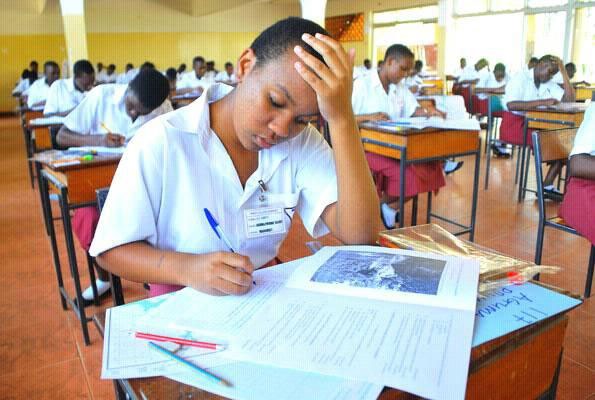By: Boy Fidel Leon
When the stakes are highest, distractions cut deepest. The Uganda Certificate of Education examinations kicked off with a stark reminder that the next several weeks belong entirely to 437,559 students across the country. The Uganda National Examinations Board has drawn a line in the sand, and it runs right through school gates everywhere.
The UCE represents a pivotal moment for Ugandan students. It’s where years of classroom work crystallise into official credentials.
This year’s numbers tell an important story. The candidate pool has swelled significantly from last year’s 379,746 registrants, with a notable surge in female participation.
On Friday 10th October, head teachers at 4,308 centres walked their students through the rulebook, the timetable, and what came next.
UNEB isn’t taking chances. The Board has maintained its examination theme of “Embracing security and holistic assessment of learners in a dynamic environment,” a deliberate acknowledgement that the testing ground isn’t just academic. It’s political, social, and deeply unstable right now.
The real pressure comes from outside the classroom. Uganda’s teaching force has been rumbling toward industrial action, dissatisfied with their circumstances. The Board issued a direct plea to teachers in its statement.
“We ask for their indulgence to accept and join us for a few days of the conduct of the examinations and ensure that our candidates sit their final examinations without any disruption.” It’s a request wrapped in urgency. The exams matter more than the grievance, for now, the Board suggests.
But teachers aren’t the only concern. Political campaigns are heating up across the country, and candidates’ concentration hangs in the balance. UNEB has explicitly forbidden political rallies from school grounds. The caution was unambiguous.
“The Board further calls upon political aspirants to avoid carrying out political rallies from school playgrounds so as not to destabilise the candidates writing their examinations.” Contract staff received similar warnings against active involvement in campaigns during the examination period.
It’s a necessary boundary. Students need silence and focus. Uganda’s electoral climate can be combustible, and school grounds occupied by thousands of young people studying for life-changing exams are not appropriate venues for political theatre.
Executive Director Dan N. Odongo framed the examination’s purpose in terms that matter beyond grades.
“The purpose of the examination is to assess the candidates’ level of achievement and not to fail the learners,” he said.
The distinction is deliberate. This isn’t a sorting machine designed to eliminate. It’s a checkpoint, a moment to align students with their career paths. The Board wants candidates to understand that success here opens doors, and failure isn’t final.
Special accommodations have been made for the most vulnerable students. UNEB registered 169 candidates under the Special Needs Education category and deployed 290 specialised personnel to support them. These are students who need extra care, not obstacles in the system.
The weeks ahead will test more than academic knowledge. They’ll test Uganda’s ability to create space where young people can focus on their futures without the noise of political campaigns or labour disputes drowning out their concentration.
UNEB has made its position clear. Now it’s everyone else’s turn to listen.


